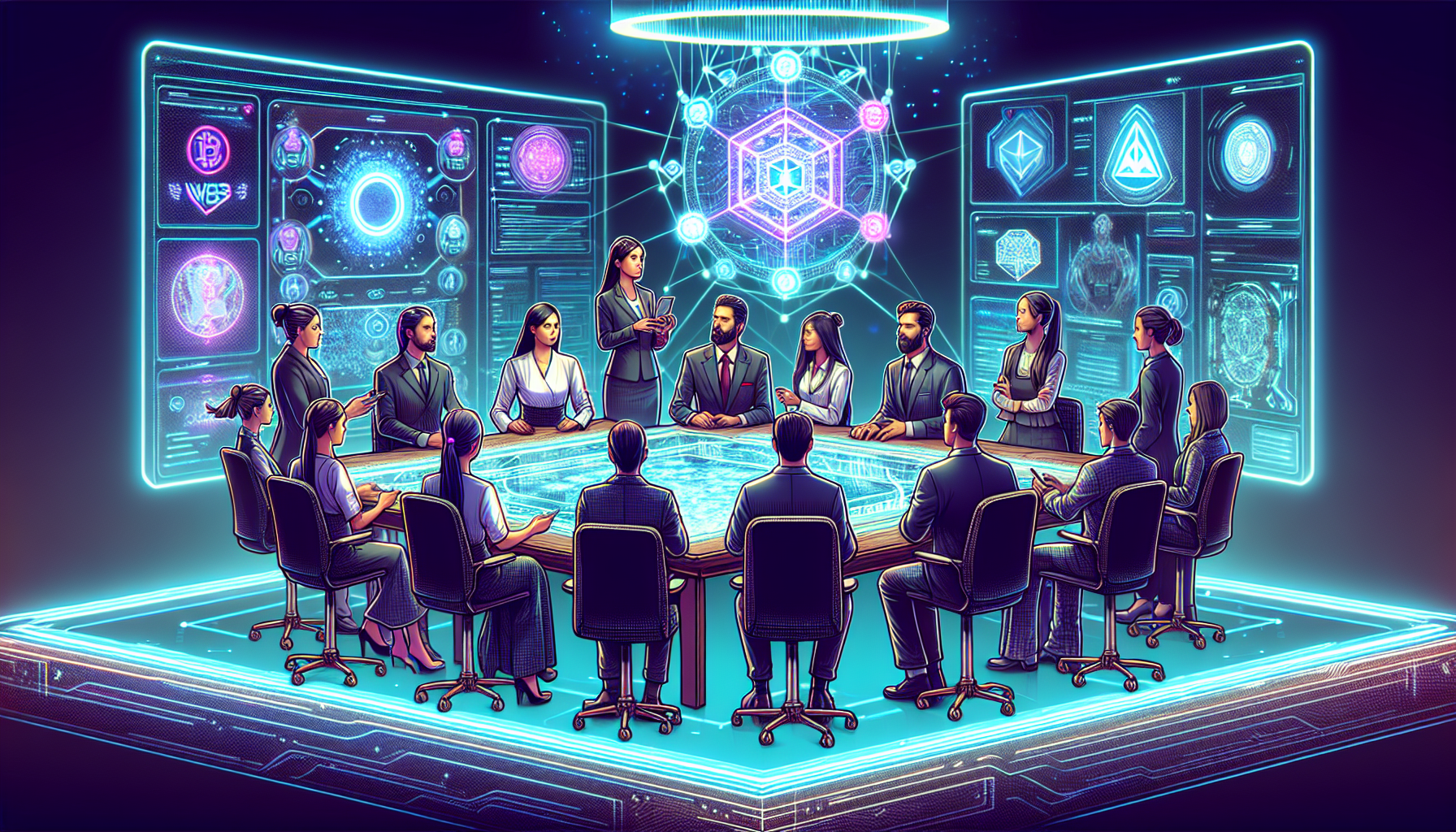Web3 Gaming Sees a Significant Shift: Traditional Games Professionals Lead the Way
In a fascinating turn for the Web3 gaming sector, professionals with a background in traditional gaming now outnumber those with blockchain and cryptocurrency expertise. This shift marks a pivotal moment for the industry as it continues to evolve and expand its horizons.
A New Era for Web3 Gaming
According to the Blockchain Game Alliance's (BGA) 2024 State of the Industry report, a notable 52.5% of those working in Web3 gaming now come from traditional gaming backgrounds. This is a significant increase from previous years and a shift that highlights the changing priorities within the industry. Meanwhile, blockchain and cryptocurrency specialists have decreased to just 10.8% of the workforce, indicating a shift in focus from purely financial to more entertainment-driven models.
Embracing Digital Asset Ownership
Despite the shift in professional backgrounds, the importance of digital asset ownership within blockchain gaming remains steadfast. The report emphasizes that 71% of respondents still see this as the primary advantage of blockchain games. Digital asset ownership enhances player engagement by offering unique and verifiable in-game items, which are both tradable and owned entirely by the players themselves.
Overcoming Challenges and Looking Forward
The industry, while progressing, is still not without its challenges. A staggering 54% of respondents cited poor user experience as the sector's biggest hurdle—a slight improvement from 80% the previous year. The need for smoother onboarding processes and user-friendly interfaces is critical as the industry strives to adopt a more inclusive approach.
Sebastien Borget, the president of BGA, underscores the significance of ongoing innovations, stating, "Innovations in design and functionality have reduced barriers, and these advancements are making the Web3 gaming ecosystem more intuitive and accessible."
Tackling Negative Perceptions
Beyond technical challenges, the industry also faces skepticism regarding scams and the presence of bots within Web3 games. Two-thirds of respondents have encountered such accusations, indicating the need for ongoing transparency and greater regulation to build trust with players and investors alike.
The Future of Web3 Gaming
The paradigm shift towards traditional gaming expertise brings a fresh perspective to Web3 game development, focusing on creating engaging and enjoyable experiences over finance-centric models. As the industry matures, this balanced hybrid of gaming and blockchain technology could pave the way for innovations that appeal to both seasoned gamers and tech-savvy blockchain enthusiasts.
The evolution of Web3 gaming is a testament to the dynamic nature of the industry, highlighting how the integration of traditional gaming expertise can lead to more inclusive, robust, and ultimately successful gaming ecosystems. As these changes unfold, the focus remains on providing players with unparalleled digital asset experiences, fostering an ever-evolving landscape ripe with potential.
Conclusion
In summary, the influx of talent from traditional gaming backgrounds into the Web3 gaming scene is a promising indicator of the industry’s potential for reshaping game design and player experience. With a continued emphasis on innovation, usability, and transparency, the future of Web3 gaming is poised for remarkable transformations that will captivate and engage audiences worldwide.

